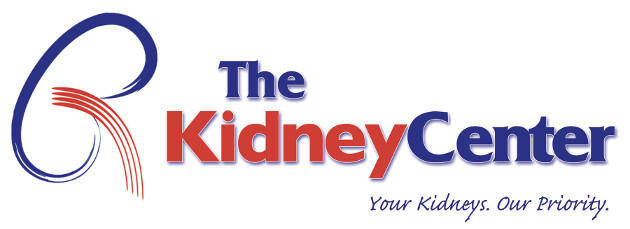Kidney transplantation is considered the treatment of choice for many people with severe chronic kidney disease because quality of life and survival are often better than in people who use dialysis. However, there is a shortage of organs available for donation. Many people who are candidates for kidney transplantation are put on a transplant waiting list and require dialysis until an organ is available.
A kidney can come from a living relative, a living unrelated person, or from a person who has died (deceased or cadaver donor); only one kidney is required to survive. In general, organs from living donors function better and for longer periods of time than those from donors who are deceased.
Some people with renal failure are not candidates for a kidney transplant. Older age and severe heart or vascular disease may mean that it is safer to remain on dialysis rather than undergo kidney transplantation.
Other conditions that might prevent a person from being eligible for kidney transplantation include:
- Active or recently treated cancer
- A chronic illness that could lead to death within a few years
- Poorly controlled mental illness (psychosis)
- Severe obesity (a body mass index greater than 40) (calculator 1and calculator 2)
- Inability to remember medications
- Current drug or alcohol abuse
Some people with HIV infection may be eligible for kidney transplantation if their disease is well-controlled. People with other medical conditions are evaluated on a case-by-case basis to determine if kidney transplantation is an option.
Advantages – Kidney transplantation is the treatment of choice for many people with end-stage renal disease. A successful kidney transplant can improve your quality of life and reduce your risk of dying from kidney disease. In addition, people who undergo kidney transplantation do not require hours of daily dialysis treatment.
Disadvantages – Kidney transplantation is a major surgical procedure that has risks both during and after the surgery. The risks of the surgery include infection, bleeding, and damage to the surrounding organs. Even death can occur, although this is very rare. After kidney transplantation, you will be required to take medications and have frequent monitoring to minimize the chance of organ rejection; this must continue for your entire lifetime. The medications can have significant and bothersome side effects.

